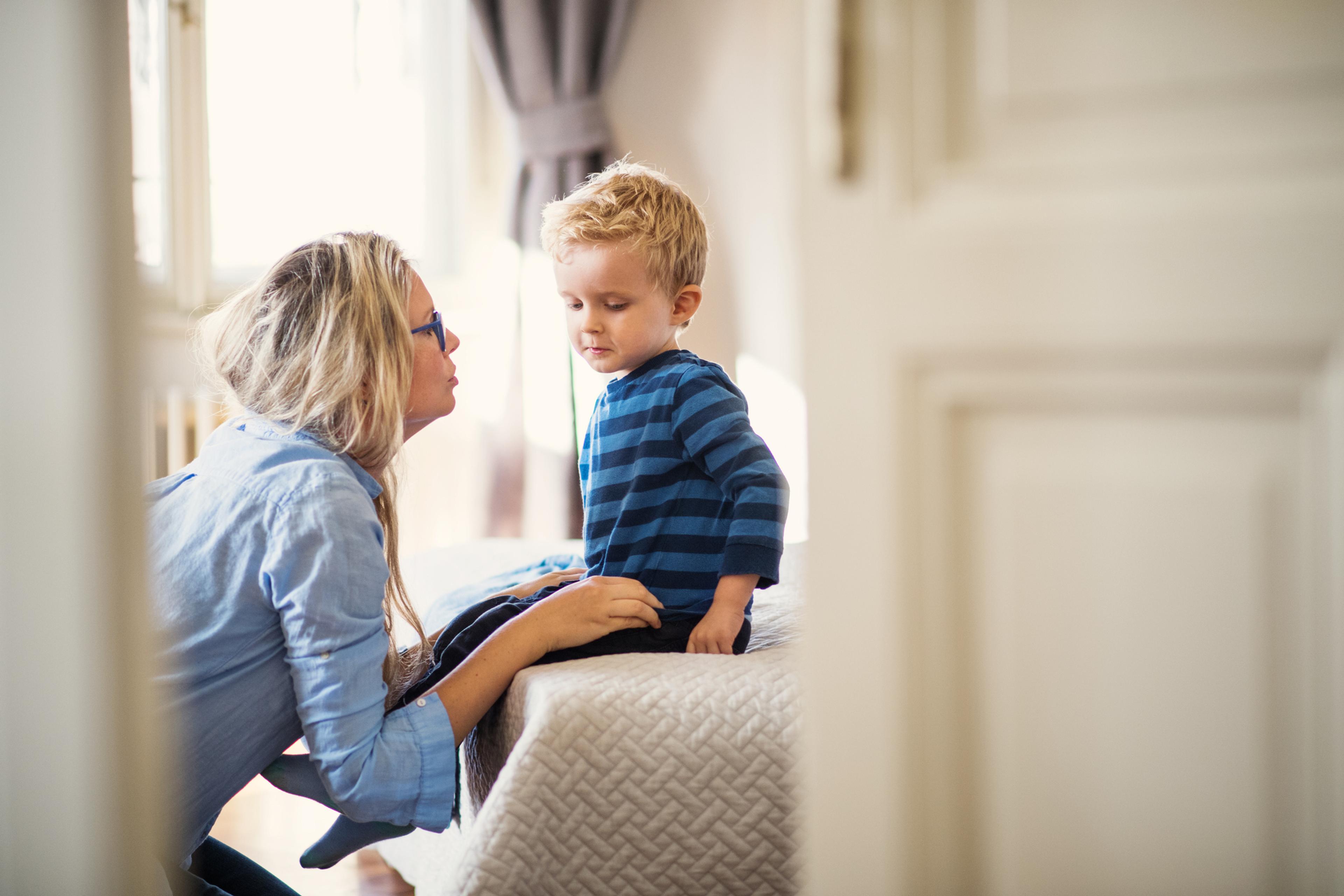What is Purposeful Parenting?
Jake Newby
| 4 min read

Parenting requires patience, compassion and the ability to adjust on the fly. Every child needs a different approach and just as children grow and learn, so do parents.
Since July is Purposeful Parenting month, now marks a good time to learn about a parenting method that could be beneficial to your family. It’s called purposeful parenting, a parent-led movement that has grown in popularity over the last half-decade. Now that kids are out of school, the extra time spent together could allow parents to take a more proactive approach to their child’s development by applying the American Academy of Pediatrics’ (AAP’s) six parts of purposeful parenting.
Parenting with Purpose
Being a present parent and a purposeful parent are two different things. Purposeful parenting is about actively engaging with your children, with long-term goals in mind as to how they can become the best versions of themselves. It’s about connecting, listening, discussing, and nurturing.
The AAP believes that by being protective, personal, progressive, positive, playful and purposeful, parents and caregivers can decrease toxic stress. Toxic stress can affect the way children mentally and physically develop. When parents work to decrease toxic stress, their innate ability to learn, contribute and connect with others is free to flourish. The six parts or “P’s” of purposeful parenting are designed to do just that.
The six parts of purposeful parenting
Personal: Strong personal relationships decrease toxic stress, so prioritize being kind and gentle when communicating. Make a habit of looking them in the eyes to let them know you hear them and are engaged. Try to teach helpful behaviors by saying phrases like “The next time you are mad, try using your words” in place of “stop it!” and “no!”
Positive: Promoting positive thinking from a young age means weaving positivity and love into the way you communicate with everyone around you – not just your child. View meltdowns and arguments as learning and growth opportunities that you can point out to your child, while praising them when they show effort or accomplish something.
Playful: Playfulness can spark creativity in your child. Finding time to be silly and playful can strengthen the relationship between you and your child. Reading together is a good time to show your playful side. Sports, board games and other activities allow you to be playful and expressive in front of your child and can encourage them to display the same traits.
Progressive: Be willing to ditch old techniques and apply new ones as your child grows and your relationship evolves. The AAP states that it’s important to recognize and support the new skills your child is learning and practicing, and to re-affirm them by saying “I’m proud of you for using your words when you were angry” and “Thanks for coming to me first instead of trying to fix this yourself.”
Protective: Part of being protective is making sure your child’s basic needs are met: food, shelter, sleep and support. You also want to ensure safety, which can be achieved through ensuring availability. Let them know you are there any time they want to discuss their concerns and ask questions. Build trust by talking about difficult emotions and times of sadness. Let them know you can get through those times together.
Purposeful: Tying the six parts of purposeful parenting together is the primary tentpole of the method, which is to be purposeful. Think about the long-term goals or purpose of parenting. This involves nurturing the basic skills that children need to be successful, according to the AAP:
- Language
- Self-control (or, emotional regulation)
- Social skills
Try to discover the purpose behind your child’s behavior so you can help them learn and grow. This will often require parents and caregivers to recognize and empathize with their child’s point of view.
To summarize, purposeful parenting revolves around being intentional and empathetic in how you raise and communicate with your children. Remind yourself that parenting is extremely difficult, and no parent is perfect. Other challenges in life are going to divert time and energy away from parenting every single day. Don’t be afraid to apologize for actions that go against your purposeful parenting principles. This can set a good example for your children and hopefully pass empathetic behavior onto them, as they learn how meaningful it can be to someone who you are kind to them during difficult circumstances.
Photo credit: Getty Images
Continue reading:





